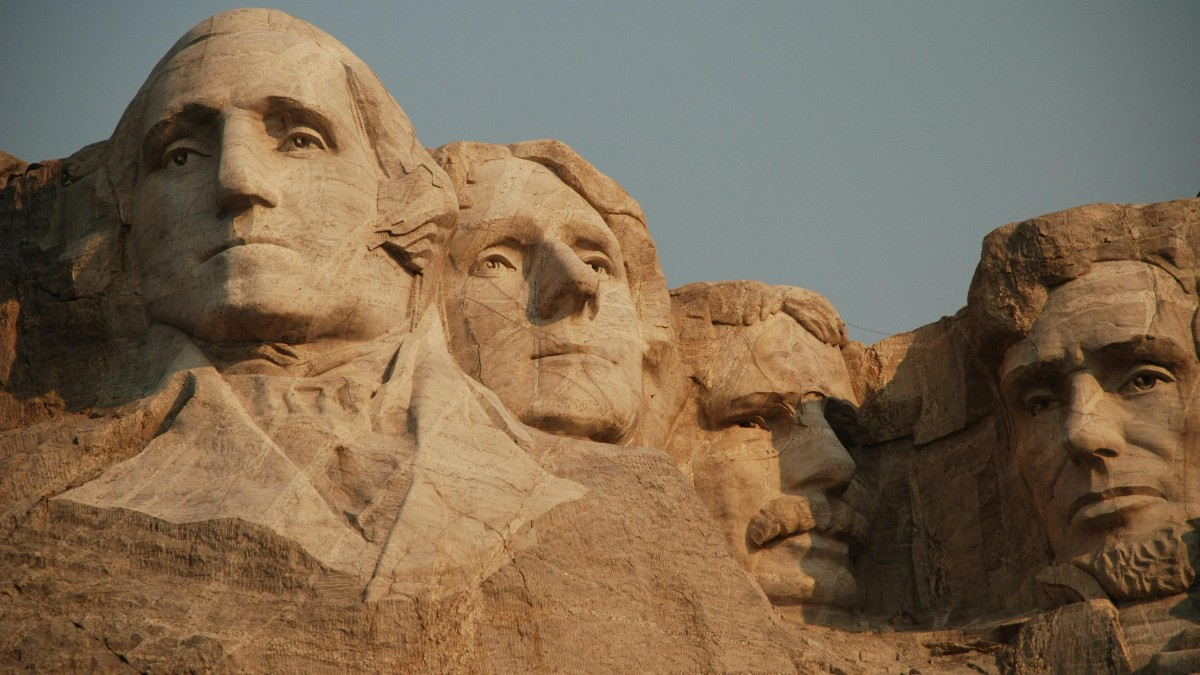Longevity among all U.S. presidents has always been a subject of interest by both historians and members of the general public. At 100 years and 89 days as of December 29, 2024, Jimmy Carter now holds the record as the longest-lived U.S. president. Surely, this places him in a very unique position within the annals of the presidents, and it also opens up discussions relating to other long-living presidents and the contributing factors to such longevity.
Jimmy Carter: A century of life
Jimmy Carter was the 39th president of the United States, serving from 1977 to 1981. He was born in Plains, Georgia, on October 1, 1924, and was a peanut farmer and naval officer prior to entering politics. His presidency was largely dominated by the Camp David Accords and the Iran Hostage Crisis. In the meantime, hardly anybody knows that the years since his presidency have been filled with tireless humanitarian work and worldwide engagement through The Carter Center.
Carter’s post-presidency was marked by his advocacy for several causes including public health, the promotion of democracy, and conflict resolution. He was known for his work in building homes for the needy and also for human rights advocacy around the world. This commitment to service continued well into his later years, even as he faced health challenges that required hospice care prior to his death on December 29, 2024.
Other long-lived presidents
Following Carter on the list of longest-lived presidents are several other interesting presidents:
- George H.W. Bush: The 41st president made it to 94 years, 171 days.
- Gerald R. Ford: Ford, the 38th president, made it to 93 years, 165 days.
- Ronald Reagan: The 40th president died at the age of 93 years, 119 days.
These presidents did not only live long but also held very crucial roles in the history of America during and after their presidencies.
Factors influencing presidential longevity
There are a number of factors that may help explain why U.S presidents live longer:
- Healthcare: the fact that presidents have the best healthcare throughout their lives, from routine check-ups to emergency care if needed, early diagnosis, and treatment for the diseases are made possible.
- Stress management: Though the presidency is considered as the most stressful job, almost all the former presidents did something in their post-presidency life which helped them reduce stress. For example, in the case of Carter, such a focus on humanitarian work gave him a new sense of purpose and fulfillment.
- Genetics and lifestyle choices: genetics plays a vital role in living long, besides that lifestyle choices such as dieting and exercising helps to keep a good health, almost all the longest-lived presidents had active lives.
The shortest-lived presidents
In marked contrast with those who lived into their nineties are the presidents who died at a relatively young age.
- John F. Kennedy: cut down by an assassin’s bullet at age 46, JFK today remains one of the most readily identifiable figures in American history despite his comparatively short life
- James A. Garfield: had one of the shortest presidencies in terms of lifespan, at 49 years, Garfield was assassinated
These tragic events put a spotlight on how extrinsic factors take lives that were meant to be long and meaningful.
Read more: Judge reverses course, rules that accuser in rape suit against Jay-Z and Sean “Diddy” Combs can remain anonymous
Read more: Here’s what’s in the government funding bill passed in the House and Senate: the length of the bipartisan deal before Trump’s arrival
